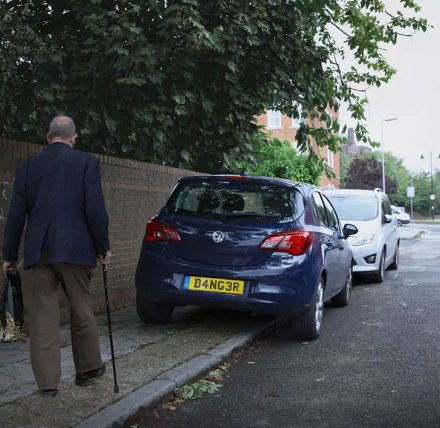


How the Transport Act 2019 changes parking rules
INSIGHTS
The Transport (Scotland) Act 2019 has brought about significant changes to parking rules in Scotland. One of the Act’s key provisions is the ban on parking on pavements, aimed at protecting vulnerable road users. This article will explore the implications of this new rule and how it is expected to impact both drivers and pedestrians in Scotland.
Understanding the Transport (Scotland) Act 2019
The Transport (Scotland) Act 2019 serves as a comprehensive legislative framework introduced to enhance and regulate the transport landscape within Scotland. At its core, the Act is designed to tackle issues ranging from parking regulations to improving the overall transport system for better safety and accessibility. A pivotal element within this framework is the prohibition of pavement parking, a move driven by the necessity to safeguard the interests and well-being of vulnerable road users. This aspect of the legislation was borne out of the recognition that obstructive pavement parking poses significant barriers and dangers to pedestrians, including those with visual impairments, parents with prams, and individuals utilising mobility aids.
The impact of pavement parking on vulnerable road users
Pavement parking has emerged as a significant barrier to the safety and mobility of vulnerable groups in Scotland, impinging on their right to navigate urban spaces securely and independently. This obstructive practice disproportionately affects individuals with disabilities, the visually impaired, parents manoeuvring prams, and those reliant on mobility aids, who find their path blocked by vehicles encroaching onto pavements. The necessity for these pedestrians to deviate into the roadway to bypass parked cars not only exposes them to increased risks of traffic-related accidents but also diminishes their access to public spaces, undermining inclusivity and equal opportunity within the community.
The prohibition of pavement parking under the Transport (Scotland) Act 2019 is a commendable stride towards rectifying this issue. It signifies a recognition of the inherent dangers and impediments that such parking practices pose to vulnerable road users, underpinning a broader commitment to enhancing pedestrian safety and urban accessibility. This legislative measure is poised to foster a more considerate and safe urban environment where the rights and needs of all individuals, especially those most at risk, are acknowledged and protected. By prioritising pedestrian well-being and freedom of movement, this ban is an essential component of Scotland’s vision for a more inclusive and equitable transport system.
Pavement parking is unsafe, unfair and illegal and attracts fines of up to £100.
If you are thinking about making a compensation claim as a result of illegal parking, it is important to seek advice from experienced personal injury solicitors. Our specialist personal injury team will guide you through the process and provide expert advice on your prospects of proceeding with a claim for compensation and the value of the claim.
About the authors
RELATED
CONTACT US
Call us for free on 0330 912 0294 or complete our online form below for legal advice or to arrange a call back.